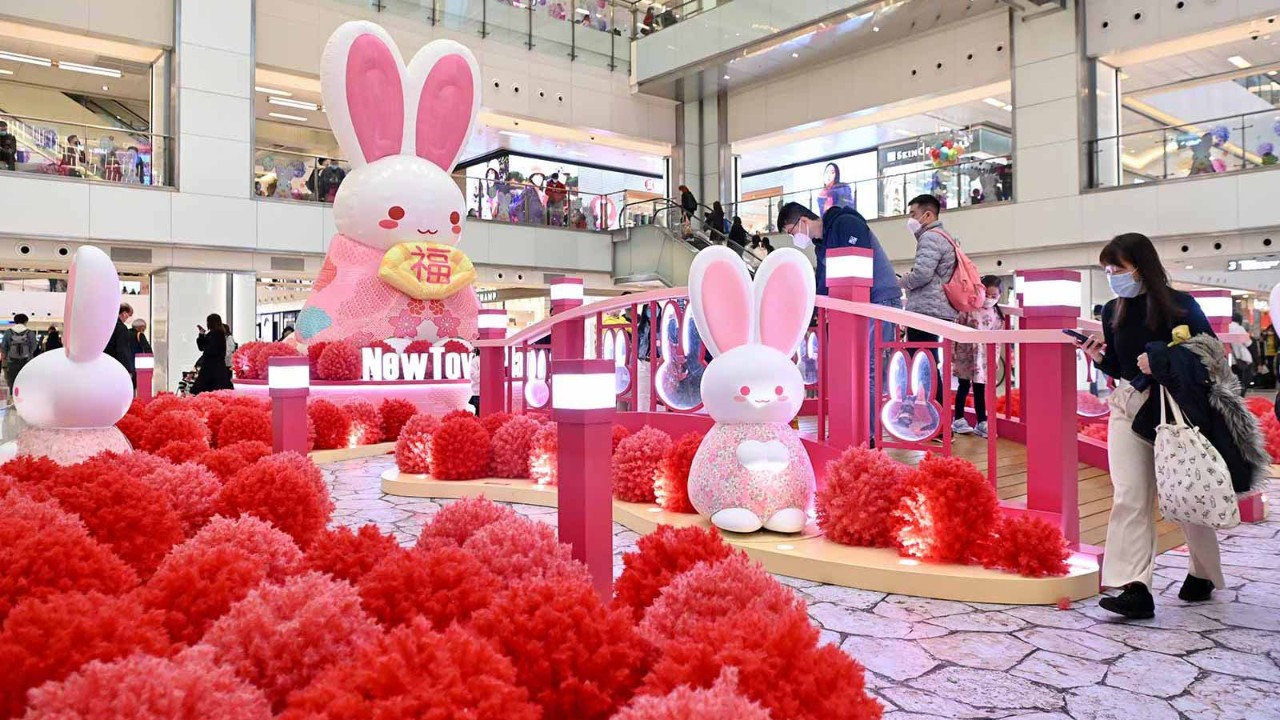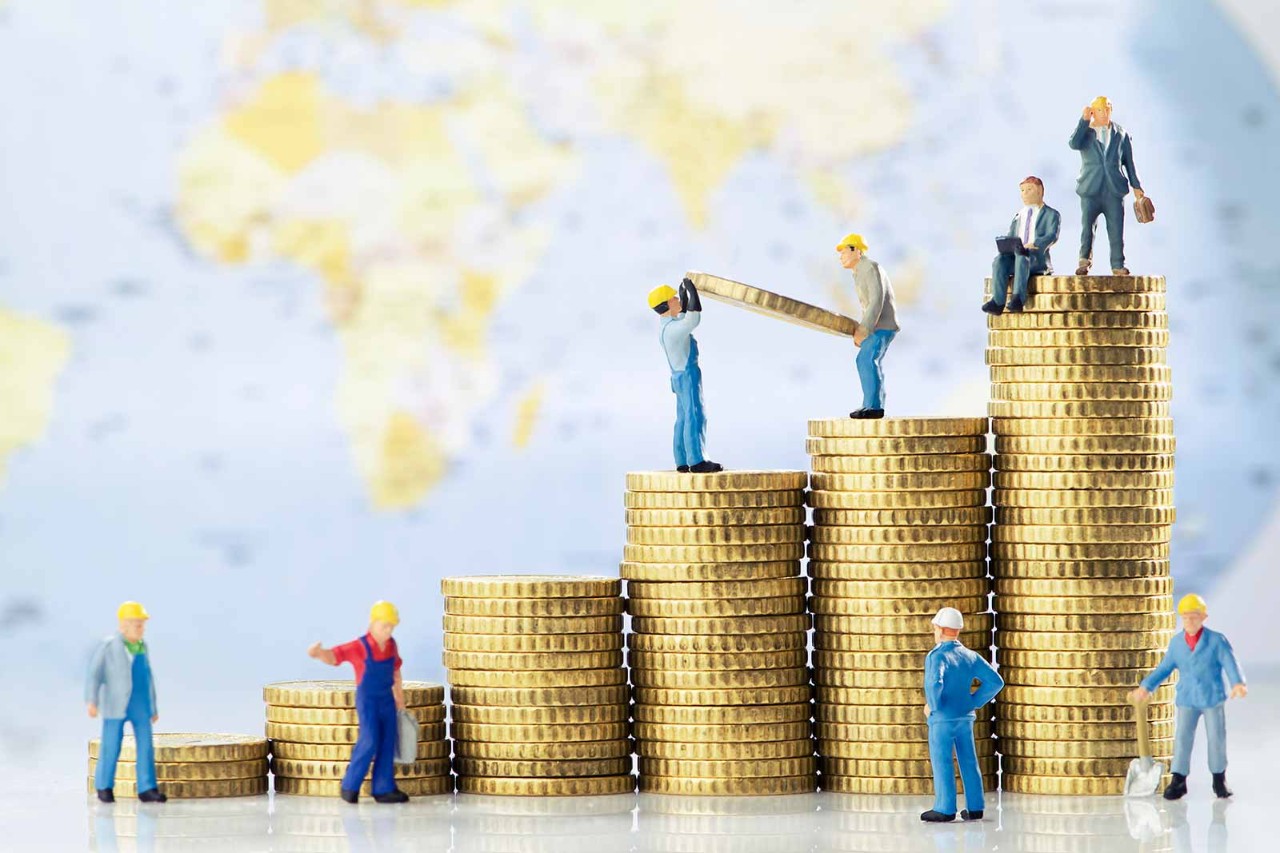
Hong Kong SAR welcomed the Year of the Rabbit riding on a wave of optimism and upbeat sentiment not felt in three years since the start of the Covid-19 pandemic.
Credited with being the most placid of the 12 animals in the Chinese zodiac – the traditional classification scheme based on the lunar calendar that assigns an animal and its attributes to each year – the rabbit is associated with patience, prosperity and canniness.
Specialists in ancient Chinese divination predict that the Year of the Rabbit is going to be a year of recovery for Hong Kong, but caution not to expect too much too soon.
Cautiously optimistic that the worst of the Covid pandemic disruption is behind them, 40% of business respondents expect an increase in trading turnover in 2023 compared with last year, according to a survey released by the Hong Kong General Chamber (HKGCC) of Commerce in early January.

Despite the feel-good factor radiating from fluffy bunnies prominently displayed in shop windows, Hong Kong is facing some tough realities
The HKGCC, one of Hong Kong’s largest business groups with about 4,000 members, has predicted the SAR’s economy will grow by 3.8% this year as activity picks up following the long-awaited border reopening with the Chinese mainland. Hong Kong’s reconnection with the rest of the world is expected to provide a much-needed boost to the economy.
However, despite the feel-good factor radiating from fluffy bunnies prominently displayed in shop windows and public spaces, Hong Kong is facing some tough realities, including having to contend with higher interest rates and weakening global demand.
These, as well as a talent shortage, will take time to resolve before the business community can be expected to bounce back to anything like its pre-pandemic vibrancy.
For Hong Kong, 2022 will go down as a year of economic challenges. In the fourth quarter, GDP declined by 4.2% from a year earlier after decreasing by 4.6% in the preceding quarter.
Meanwhile, the value of Hong Kong’s exports slumped by 29% in December, the worst monthly plunge in nearly 70 years. Adding another layer of economic pain, Hong Kong’s financial secretary Paul Chan projected a budget deficit exceeding HK$100bn for the 2022/23 financial year, almost twice his estimate in February last year.
The Hong Kong government has launched an extensive campaign to attract overseas talent to the city to help businesses
Now, says the government, is the time to spread the word about Hong Kong’s resurgence.
Calling it the ‘world’s biggest welcome ever’ to rejuvenate Hong Kong’s reputation as an international cultural and tourist hub, the government recently launched a multimillion-dollar ‘Hello Hong Kong’ campaign. The global charm offensive includes handing out more than 500,000 free air tickets worth HK$2bn (US$250m), courtesy of the Airport Authority.
Considered a pillar industry, pre-pandemic visitor-related economic figures contributed 3.6% to Hong Kong’s GDP; the current GDP contribution is 0.05% but hopes are high that the industry will regain momentum.
As well as rolling out the welcome mat for visitors, the Hong Kong government has launched an extensive campaign to attract overseas talent to the Special Administrative Region to help businesses to re-establish themselves and improve their international competitiveness.
Addressing the Asian Financial Forum held in Hong Kong in early January, Hong Kong chief executive John Lee explained that there is a need to tell the world that Hong Kong is back on the centre stage. And so begins the bounce back as senior government officials lead delegations to longstanding and emerging markets in the region and around the world to attract talent and businesses.


